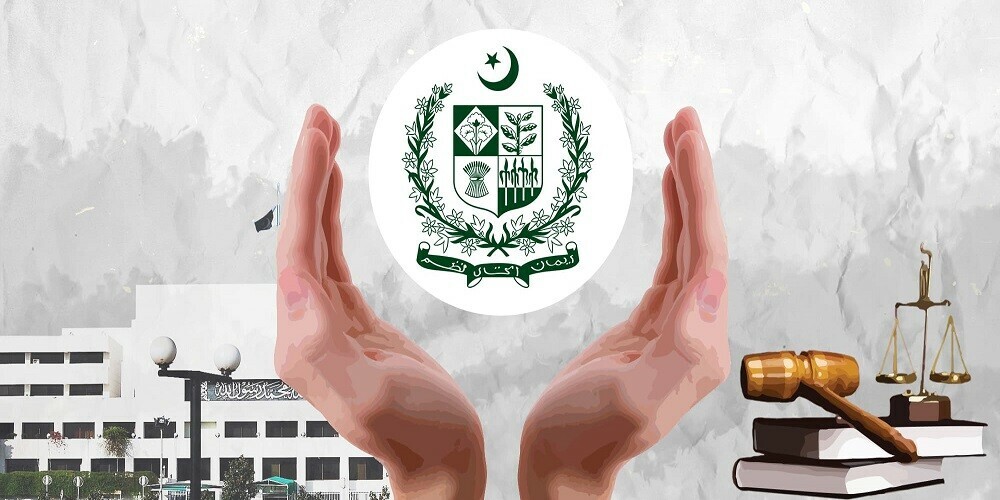Written by: Waleed Ahmad Sheeraz

Dynamics of Power: Examining the Function of Pakistan’s Establishment in National Governance
The Pakistan establishment has long been the focus of interest, contention, and discussion. The establishment, which consists of the military, intelligence services, and powerful bureaucrats, has a big influence on how the country is governed on a political, economic, and social level. The claim that the Pakistani establishment is “above all” is a reflection of the complex processes that have shaped the nation’s history and system of government. The Pakistani establishment includes notable bureaucrats in addition to the military and intelligence services like the Inter-Services Intelligence (ISI). This trio has a significant impact on everything from national security to the creation of policies.
The military elite has repeatedly defended its involvement in politics as a way to protect national interests since it is rooted in the historical framework of Pakistan’s founding. The public’s impression of the establishment’s control has been influenced by military coups and periods of direct military rule. The choice and removal of political leaders illustrates the establishment’s continued influence on political issues. The complicated nature of civilian-military interactions is highlighted by the fine line that must be drawn between serving establishment interests and adhering to public mandates.
The establishment plays a significant role in determining foreign policy, particularly with regard to nearby nations. Examples of strategic engagements that have shaped regional dynamics and international relations include those with India and Afghanistan. The establishment’s influence on defence expenditures and critical sectors, albeit frequently indirect, has an impact on resource allocation and economic priorities. The establishment plays a crucial role in maintaining national security, but its ties to specific militant organizations have raised questions. Security concerns and international expectations must still be balanced.
Challenges and Complexities:
Military power and civilian control are inequitably distributed due to the establishment’s perceived dominance, which has raised fears about the demise of democratic institutions. Even while the establishment has achieved diplomatic success, its foreign policy decisions have occasionally led to strained ties with other countries. Periodic power struggles between the military and civilian administration have stressed governance, underscoring the need of cordial civil-military ties. Combating militancy has benefited greatly from collaborative counterterrorism operations with foreign partners, although questions about historical ties to specific organizations continue to be raised.
The claim that the Pakistani establishment rules “above all” captures the complex interaction between military might, political forces, and national governance. Finding a balance between security requirements and democratic principles will be crucial as Pakistan navigates its future. Pakistan’s development into an accountable global player depends on the establishment’s transformation from a dominant force to a strategic contributor within a pluralistic democratic framework.
Waleed.sheraz01@gmail.com











